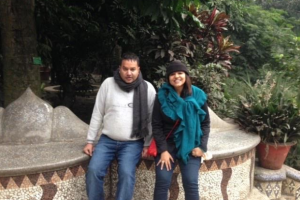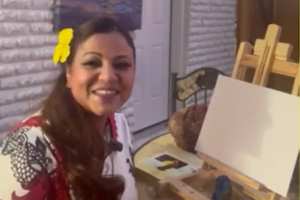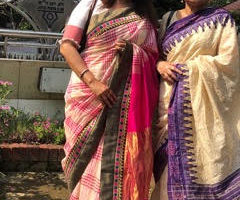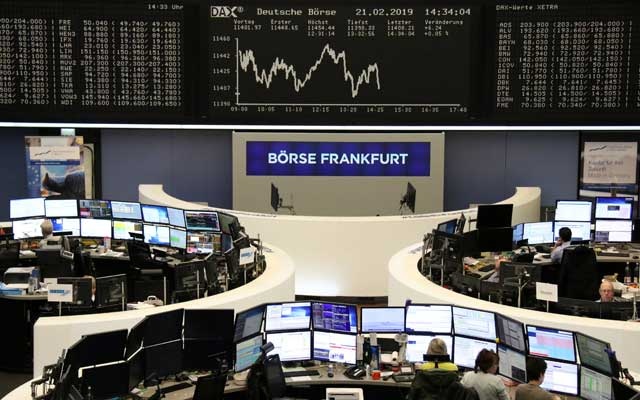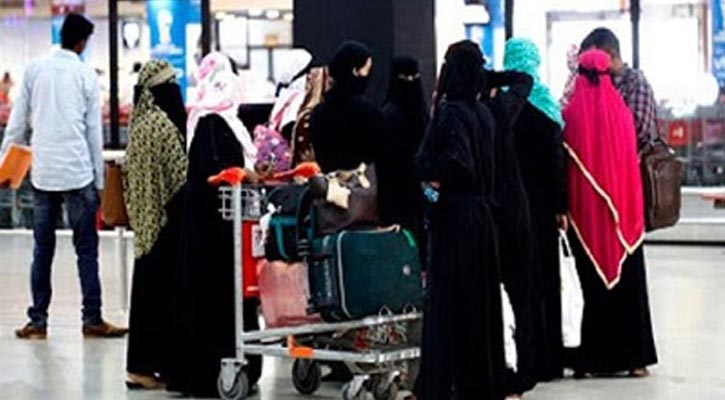The death toll in anti-government protests that have swept Iraq the past four days has soared to at least 60, security and medical sources say.
The figure has more than doubled in the past 24 hours, as clashes between protesters and police intensified.
The military said “unidentified snipers” had killed four people in Baghdad, including two police officers.
Prime Minister Adel Abdel Mahdi earlier said protesters’ “legitimate demands” had been heard, but appealed for calm.
Spontaneous protests erupted on Tuesday amid frustration over Iraq’s high youth unemployment rate, its dire public services and chronic corruption.
It is seen as the first major challenge to Mr Mahdi’s fragile government, nearly a year since he came to power.
What’s the latest?
Despite the prime minister’s plea for patience, Iraqis continued to throng the streets in their hundreds on Friday. An indefinite curfew imposed by authorities in the capital, as well as an internet blackout, also failed to prevent protesters from gathering.
According to Reuters, security forces were seen firing live rounds at protesters trying to reach Tahrir Square in the capital Baghdad – where much of the unrest has been focused.
A Reuters reporter on the ground said several people had been hit by bullets, some in the head and others in the stomach.
At least 10 people were killed there on Friday alone, according to medical and security sources.
This is said to include the four Iraqis – two civilians and two officers – shot by sniper fire in central Baghdad, according to security forces.
At least 60 people have died, including six members of Iraqi security forces. Hundreds more have been wounded.
Much of the violence has been concentrated in Baghdad and majority Shia Muslim areas in the south, including Amara, Diwaniya and Hilla. A number of deaths were reported on Friday in the southern city of Nasiriya, about 320km (200 miles) away.
What’s been the reaction?
In his first speech since unrest began, Prime Minister Mahdi vowed early on Friday to respond to protesters’ concerns but warned there was no “magic solution” to Iraq’s problems.
He said he had given his full backing to security forces, insisting they were abiding by “international standards” in dealing with protesters.
Iraq’s most senior Shia cleric, Ayatollah Ali al-Sistani, urged the government to respond to the demands for reform, saying it has “not answered the demands of the people to fight corruption or achieved anything on the ground”.
Meanwhile, Moqtada Sadr – another highly influential Shia cleric who leads the largest opposition bloc in parliament – demanded the Iraqi government resign and call snap elections.
Mr Sadr also instructed his lawmakers to pull out of parliament, until the government devises a programme acceptable to the wider public.
The UN and US have expressed concern over the violence, and urged the Iraqi authorities to exercise restraint.
Human rights group Amnesty International has also appealed for the security forces to be reined in.
Why is this happening now?
Corruption, unemployment and poor public services are at the heart of the discontent faced by young Iraqis today. The unrest began spontaneously with no formal leadership in mostly Shia areas in the south, and quickly spread.
Iraq has the fourth-largest reserves of oil, but 22.5% of its population of 40 million were living on less than $1.90 (£1.53) a day in 2014, according to the World Bank. One in six households has experienced some form of food insecurity.
The unemployment rate was 7.9% last year, but among young people it was double that. And almost 17% of the economically active population is underemployed.
The country is also struggling to recover after a brutal war against the Islamic State group, which seized control of large swathes of the north and west in 2014.
Living conditions remain dire in many conflict-affected areas, with insufficient services.
Source: BBC





